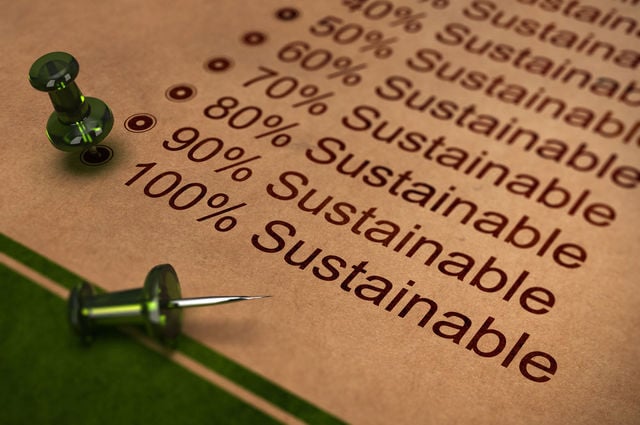How can sustainability be communicated beyond clichés and greenwashing?
31 experts shared their view
Both clichés and greenwashing are amongst the biggest traps to fall into when communicating sustainability. A "let's save the world" claim and tacky towel policy stickers are superficial and unappealing and could be a turn-off to the small group of environmentally and socially-conscious consumers. Green certification and lengthy, detailed corporate sustainability reports may (potentially) be of interest to a small niche group of highly activist consumers, who may not buy into that type of corporate hospitality in any case. However, there is a growing number of informed travelers: Those in search of genuine wellbeing and meaningful experiences at no (or as little as possible) cost to the planet. What works and what doesn't work in communicating sustainability? Any recommendations in regard to communication entering this critical decade?
The time for lip-service is long past. It amazes younger generations, to see the lethargy which exists, across the industries as a whole. Leadership is about courage and stewardship, making difficult choices, and convince constituencies that stakeholder value is more important than shareholder value alone. John Kotter's book "Leading Change" and his 8-step model was written many years ago, but is still very current:
step 1: create urgency; and so on... Seemingly, a large group of people who could make a difference do not have this urgency; they still fail to see, do not understand and hence, aren't be able to change thinking or behavior. I am convinced that this is an important reason why we still see many cliches and green-washing. In this week's WEF in Davos, it is very good to see and acknowledge, that climate change is the agenda. Schwab himself underpinned it by stating that stakeholder capitalism must deliver on its environmental obligations and responsibilities.
No time to waste: each person, each small business, each corporate and every conglomerate must take a first step; today! Then we'll still have a fighting chance to avoid climate critical tipping points so that the younger generations have a chance to enjoy this wonderful earth.


